China's judicial authorities warned on Friday about the rapid increase of overseas "technology parks" and "industrial parks" serving as venues for telecom fraud, as they exhibit characteristics of organized operations, and have precise division of labor and a transnational layout.
Ge Xiaoyan, deputy procurator-general of the Supreme People's Procuratorate, stated during a news conference that the trend of telecom fraud and related illegal activities has been noticeably curbed. However, the criminal situation remains severe and complex.
From 2023 to May of this year, approximately 543,000 cases of telecom fraud have been cracked nationwide, leading to the apprehension of a large number of suspects. Additionally, about 49,000 Chinese nationals suspected of engaging in telecom fraud in northern Myanmar were repatriated to China, according to the Ministry of Public Security.
During nationwide investigations, it has been observed that as overseas criminal groups enhance their capabilities and escalate their criminal methods, they pose increasing challenges to law enforcement efforts, she said.
Overseas regions have witnessed a surge in the establishment of "technology parks", "industrial parks", and "development zones" dedicated to facilitating illegal activities like telecom fraud, Ge said. Criminal groups operate by establishing these zones, recruiting employees, providing livelihood support, technical assistance, personnel management and armed protection.
They have gradually formed large criminal organizations through illicit profit-sharing mechanisms or fees, she said.
The groups target Chinese residents and individuals in other regions. Some groups engage in a mix of extortion and blackmail, while certain parks perpetrate crimes such as homicide, assault, illegal detention and rape, she said.
Zheng Xiang, deputy head of the Criminal Investigation Bureau of the Ministry of Public Security, mentioned that the number of scattered fraud gangs overseas is decreasing, being replaced by large-scale fraud zones and "industrial parks."
"In some Southeast Asian countries, there are dozens or even hundreds of active fraud zones," he said.
Key members of fraud groups often hide overseas, enticing recruits with high salaries to engage in fraudulent activities abroad. Additionally, they direct China's domestic individuals to engage in illegal activities such as developing and promoting apps, trading information and money laundering, he said.
Zheng noted that after gaining significant power, some fraud groups even collude with local forces, enhancing their ability to resist law enforcement.











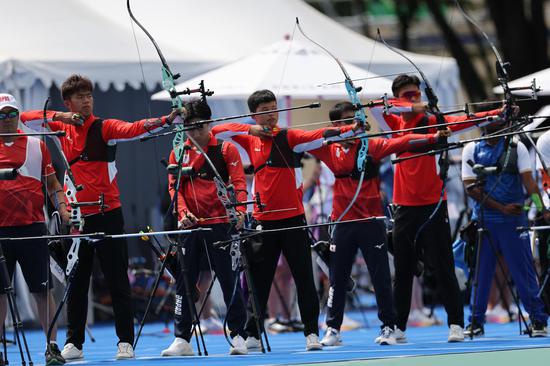
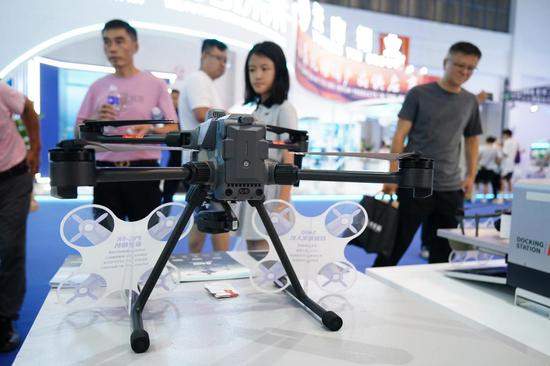





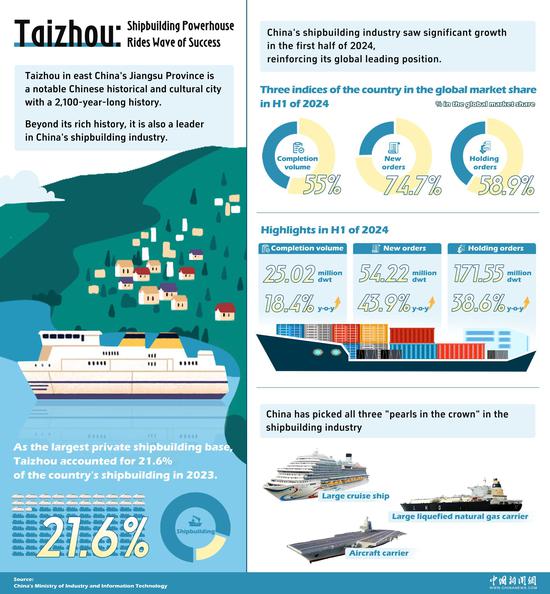
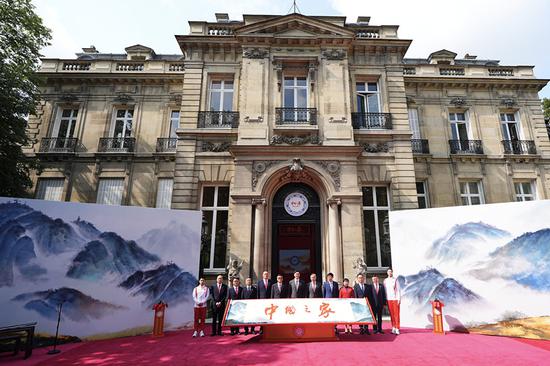



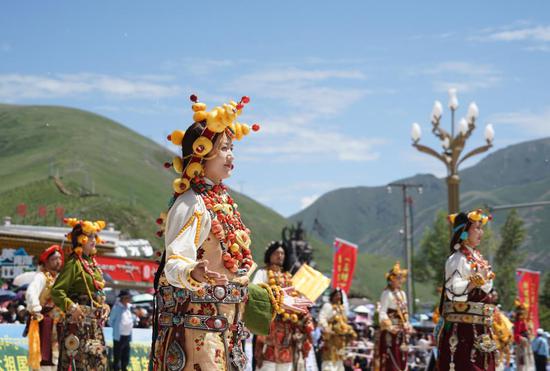





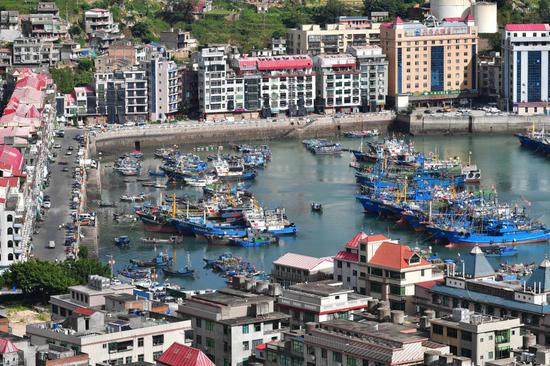


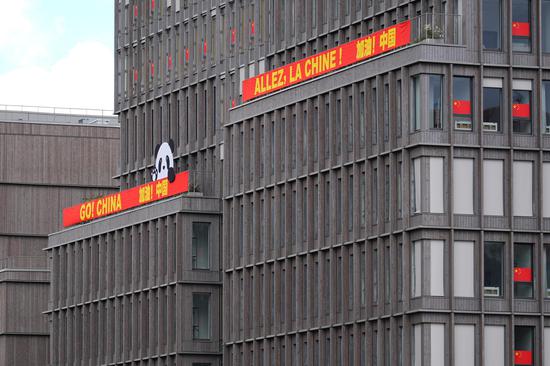
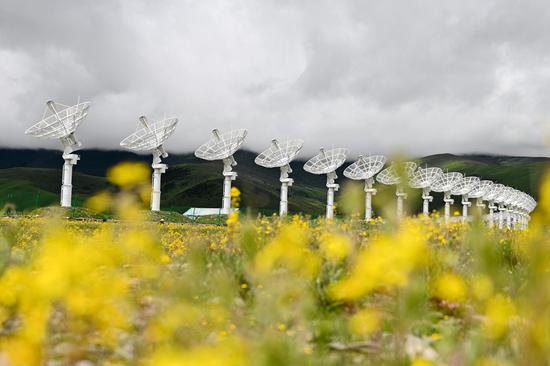
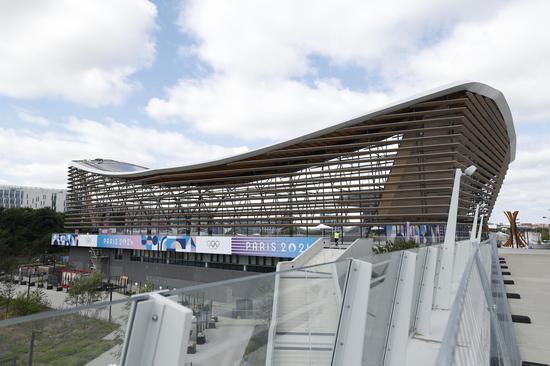








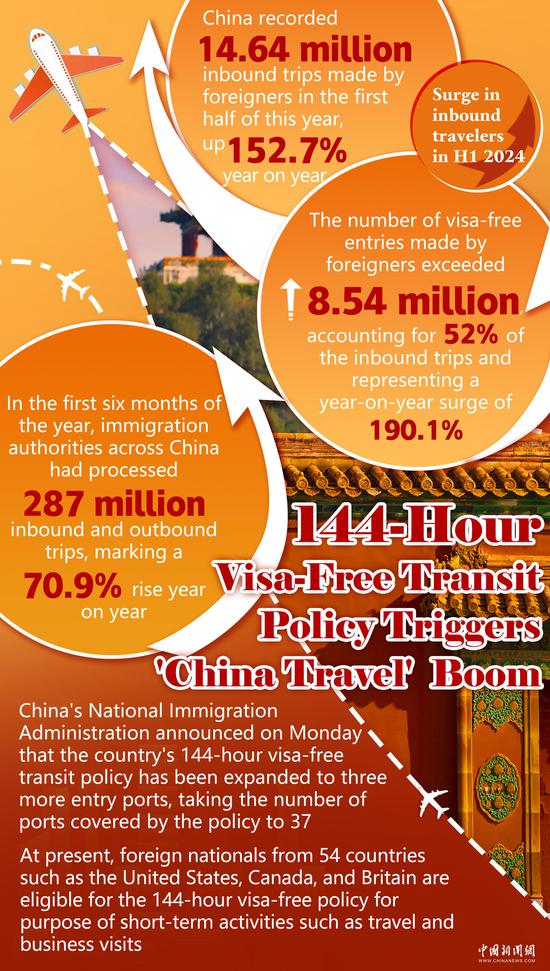




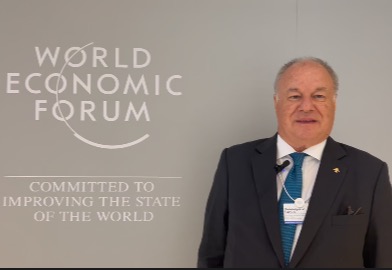

 京公网安备 11010202009201号
京公网安备 11010202009201号